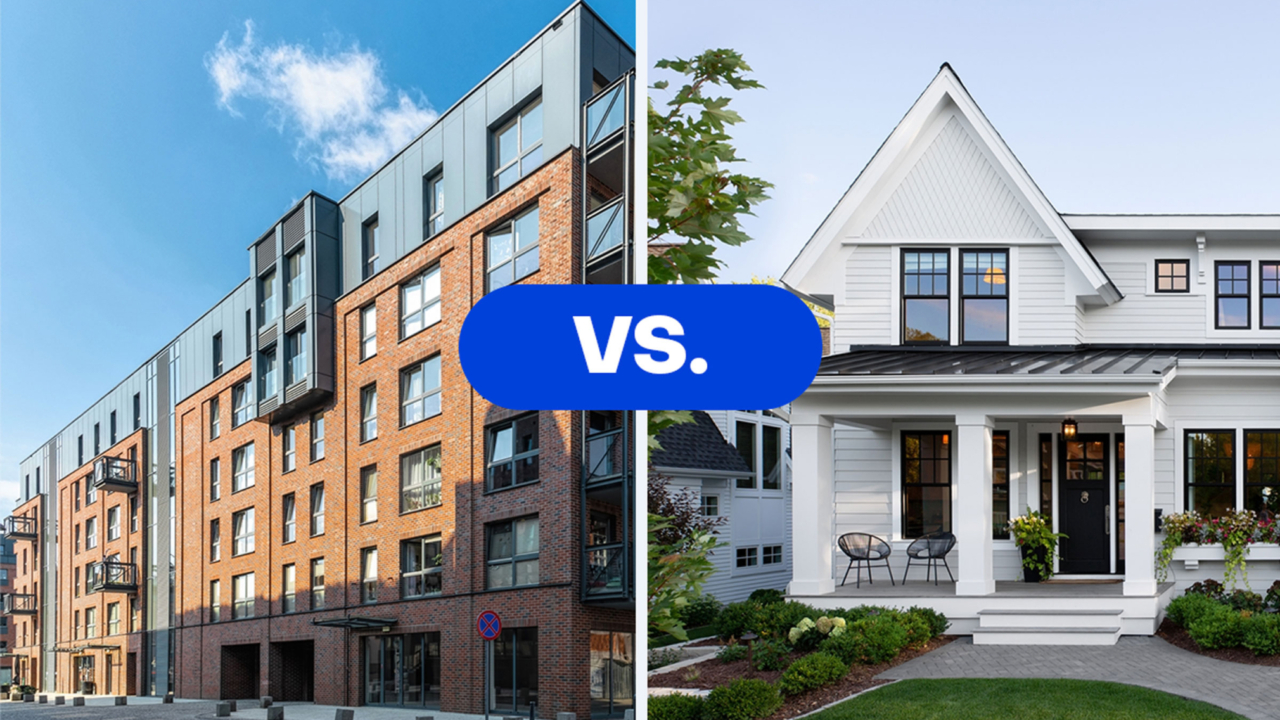Are You Missing Out if You Don't Buy Now?
Not necessarily. Low interest rates can increase buying power, but there are many other factors to consider.

Written by Amie Fisher on October 23, 2020
Zillow economists say the biggest boon for home buyers right now is low mortgage interest rates, which can boost buying power and make homes more affordable.
But interest rates are only part of the picture. There are other things to consider, including the amount of time you expect to live in the home, your financial picture and market dynamics that can make it tough for buyers, especially in competitive markets.
Historically low rates can reduce payments — but there’s more competition for homes
Interest rates on mortgages — the type of loan used to buy a home — have been at historic lows for months, even dipping below 3% at times. Lower interest rates mean lower monthly payments and/or the ability to buy more home for your money.
The downside of the low interest rates is that they’ve drawn a lot more people into the home-buying market, revving up competition at a time when there are not enough homes for sale to meet the demand.
Competition for the limited supply of homes has kept prices steady or growing even in the face of widespread unemployment and a downturn in the economy due to the coronavirus. That means there aren’t the kind of deals people might expect given the state of the economy.
If more sellers list their homes for sale — and builders continue to construct new homes at a healthy pace — price pressures could ease up.
Depending on your market — and, importantly, your personal goals and financial situation — buying now might help you stay a step ahead of the expected growth in home prices once the economic recovery picks up.
According to Zillow economists, a typical buyer plans to live in their home for at least four or five years. If you buy a home and its value grows during that time — a possibility but not a guarantee — you could regain the money you spent to buy the home. Typically, those costs amount to 2%-5% of the purchase price.
Getting a loan could be difficult for some prospective buyers
Lenders tightened their standards in September due to worries about the slowing economic recovery and the number of homeowners who are struggling to pay their mortgages. The tightening has made it difficult for some buyers to get a mortgage.
Generally, if you have a lower credit score, a relatively small down payment or you need a more complicated loan, you’re going to have a harder time qualifying for a mortgage. A recent job loss or a pay cut also can be obstacles to financing.
The minimum credit score needed to buy a house varies among lenders and loan types, so be sure to talk to a few lenders to get a better understanding of your options during this period. It also can give you a sense of what’s possible under more normal circumstances since mortgage rates are likely to remain low for the foreseeable future.
Timing the market is difficult for even professional investors, so the most important thing to consider is your personal circumstances and what works best for you.
What to do to prepare to buy
- If you’re currently renting, use a rent vs. buy calculator to help you determine if it makes financial sense to buy.
- Develop a sense of the market and your personal taste. Be constantly looking, and engage an agent who is well-versed in local safety rules. That way you can save in-person visits for the homes that most interest you.
- Determine your budget and how much you can and want to spend. Our affordability calculator can help.
- Think about your future self and what kind of home you might need in five years.
- Follow Zillow Research to keep up with the housing market trends and analysis.
Where can I find additional buying resources?
- Zillow’s Home Buyers Guide covers the entire buying process, including resources for first-time buyers, buyers who need to sell at the same time, buyers interested in non-traditional properties, such as foreclosure or for-sale-by-owner homes, and much more.
- Our Mortgage Learning Center provides tools and information to help you understand your financing options and know what to expect throughout the process.
- Use our Agent Finder to find local agents who can answer questions and help you understand your buying options.
- The Department of Housing and Urban Development (HUD) operates the Federal Housing Administration (FHA) loan program, which serves many first-time buyers. HUD also has a wealth of other housing-related information, such as fair housing facts and links to state and local housing resources.
- Thousands of programs exist across the country to help people buy homes. They include assistance with down payments, special loans to rehab homes and local programs. To see what’s available in your state or city, see this list.
How much home can you afford?
At Zillow Home Loans, we can pre-qualify you in as little as 5 minutes, with no impact to your credit score.
Zillow Home Loans, NMLS # 10287. Equal Housing Lender
Get pre-qualifiedA great agent makes all the difference
A local agent has the inside scoop on your market and can guide you through the buying process from start to finish.
Learn more


